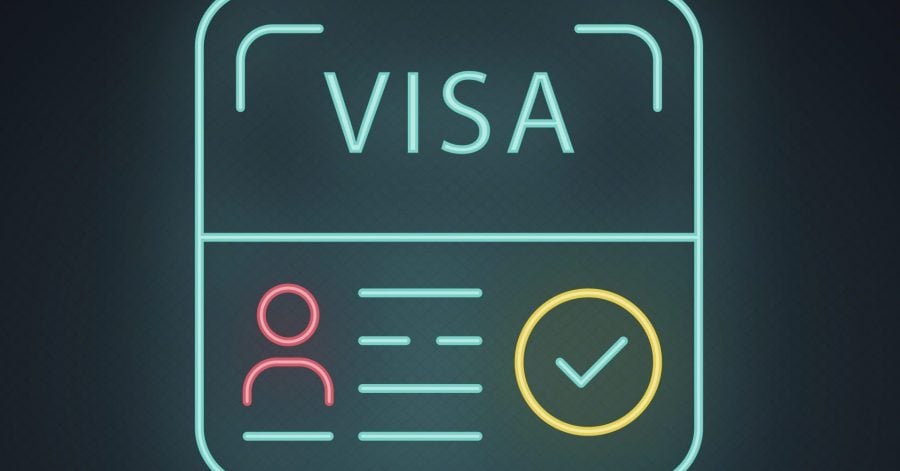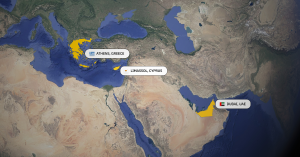The long-awaited startup visa is finally a fact for the Bulgarian entrepreneurial ecosystem. Following the latest amendments to the Bulgarian Citizenship Act from Friday, February 26th, founders of innovative companies from outside the European Union (EU) will be able to receive a residence permit under a fast-track procedure. This is an initiative that has been championed by BESCO – The Bulgarian Startup Association for over two years.
“We believe that the visa will be particularly appealing to early-stage entrepreneurs because they will be the ones who would consider Bulgaria as a good starting destination for going into the bigger European market,” shares in front of The Recursive Ned Dervenkov, CEO at BESCO.
Startup visa programs have been implemented by many countries around the globe, with the purpose of attracting new knowledge and jobs within the local economy.
According to Dobromir Ivanov, chairman at BESCO, the visa will also allow local venture capital firms to realize their goal of attracting more startups from Southeastern Europe and aid the branding of Bulgaria as a country open for innovation from all around the world.
It’s likely that the new type of residence permit would be of most interest for entrepreneurs from nearby countries such as Albania, Bosnia and Herzegovina, Kosovo, Moldova, Montenegro, North Macedonia, Serbia, and Ukraine. That said, post-Brexit, it may be possible for Bulgaria to attract some young ventures from the UK as well. Given Bulgaria’s tech talent, strategic location, and cost-effectiveness, we may expect promising startups from other regions to also consider launching their journey here.
What’s next
Now, after getting the Parliament to vote for and adopt the legislation that issuing such a visa is possible and outlining who would be responsible for it, it’s expected that in the next few weeks the Ministry of Economy will come up with the exact decree that will set the process for application.
BESCO has already developed its own concept because while working on the proposal, the organization researched the models of countries that already have such startup visas. “For the process to be most effective, it needs to be done online through some sort of digital platform. When it comes to the definition of a “startup” under the terms of the visa, our research showed that the countries with the best models have established some sorts of expert councils, which consist of representatives from the local ecosystem – VC partners of directors of business and startup associations,” tells us Dobromir.
Looking at startup visas in other countries, criteria for what counts as a startup may include scalability, growth potential, the founders’ experience, the novelty of their technology, and others. Another requirement for founders will be to hold a minimum of 50% of the company’s shares at the time of incorporation, which makes it possible for a maximum of 2 people per venture to apply.
Towards further optimization of Blue Cards and hopefully e-government
It’s worth noting that the startup visa is an instrument targeted at founders. For their teams or any highly-qualified talent from outside the EU to come to Bulgaria, there is another permit called a ‘Blue Card’. While in theory, such an option should play an important role in Bulgaria’s migration strategy, this process can still take over 5 months, compared to between 2 and 4 weeks in other countries. While the local fast-growing IT sector particularly needs more talent to keep up with the speed of its development, there are under 150 Blue Cards issued per year. According to Dobromir, the burden of the procedure can be somewhat optimized with legislation but ultimately there is a limit to that optimization without functioning e-government.
“The startup visa is a big milestone for us but this success is just the first step of many “catch up” policies that Bulgaria needs to take in order to reach the average EU level. Our goal, however, is to get to a point where we no longer have to implement “catch up” policies but to be the initiators of modern progressive policies,” states Ned.
[This article will be updated when more information on the application process is available]








